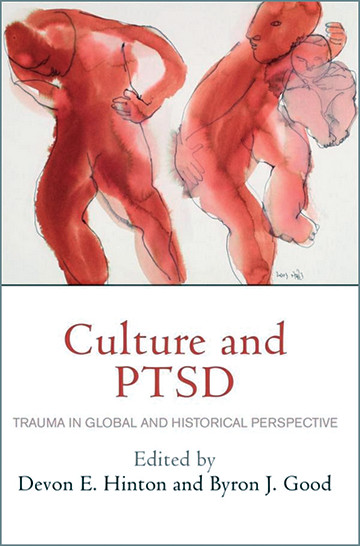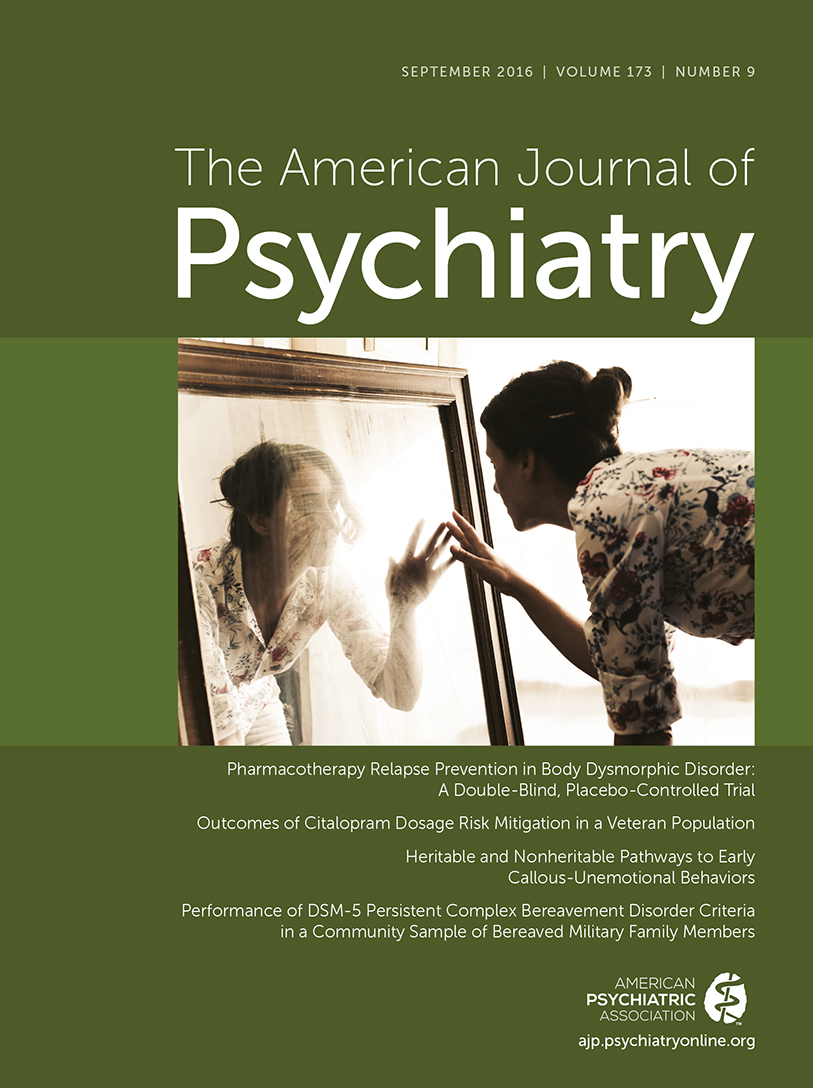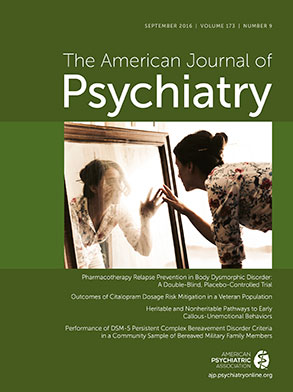Culture and PTSD: Trauma in Global and Historical Perspective examines the applicability of the DSM definition of posttraumatic stress disorder (PTSD) across diverse cultural contexts and historical moments and details local responses to trauma and the extent to which they vary. Its 11 essays illuminate debates about the strengths and limitations of the DSM diagnosis’s symptoms and symptom clusters; trauma and its treatment’s legitimacy in global humanitarian settings; and whether the “imposition” of PTSD pathologizes normal forms of suffering, or worse, functions as a form of psychological imperialism. Cumulatively, these essays effectively question the validity of treatments developed in Western settings when applied in global settings of conflict, violence, or disaster. They also challenge the meaningfulness of diagnosing PTSD in settings of continued insecurity, such as Haiti, where trauma is anything but “post” and constitutes the fabric of daily life. Other key themes emphasize the importance of experiences involving pervasive and long-term exposure to complex trauma and the role of local, social, cultural, and religious practices in recovery.
In Part I, the editors successfully frame the subsequent essays in relation to critical debates, noting the historical emergence of the PTSD concept and the relevance of cross-cultural studies. Part II features three essays about historical perspectives. Richard McNally asks “Is PTSD a Transhistoric Phenomenon?” and goes on to describe the unique symptom sets reported in major world wars and the range of symptoms not included in the DSM-IV PTSD category, thereby questioning PTSD’s stability over time. Boehnlein and Hinton examine the overlap of traumatic brain injury and PTSD in a historical context, particularly regarding the recent wars in Iraq and Afghanistan. Part III represents the heart and soul of the book, featuring eight chapters describing trauma, trauma-related conditions, and trauma treatment in distinctive social and cultural contexts. This section feels like an intellectual adventure, with each chapter taking the reader to settings far and near and offering a range of frameworks for understanding trauma. Jenkins and Haas present two compelling cases to demonstrate how “psychic trauma” plays out in the life experiences of adolescents in a New Mexico community, and they call for an ethnography of traumas and stresses to understand their effects on the local social world. Pedersen and Kienzler effectively construct a biopsychosocial model of how indigenous Quechua-speakers in the Peruvian Andes manifest distress and psychological disorders, providing compelling, anthropologically informed qualitative and quantitative data. James writes about a “political economy of trauma” in Haiti in which PTSD provides a source of therapeutic competency and functions as the language of nongovernmental organizations and other aid interventions, but she notes how PTSD serves ultimately to wrongly medicalize and obfuscate (p. 37). She concludes that “treatment programs focusing on acute individual traumatic suffering will not be effective long term unless collective security—political, economic, and social—is established and sustained in Haiti” (p. 364). Cumulatively, these eight essays do justice to ethical and moral issues at stake when considering trauma’s impact and treatment.
I recently spent 2 and a half years accompanying a local mental health team as it developed community-based mental health services throughout rural Haiti. This experience imprinted in me stories of mothers grieving the deaths of child after child after child after child, and of young adults maimed by burns after falling into flames during an untreated epileptic seizure, and of young adults scarred by exploitation and abuse in their desperate search for income, often in the Dominican Republic. PTSD as a diagnostic category, along with its symptom clusters, provided a starting point for making sense of these scenarios but could not capture this breadth of human suffering, and neither could it speak to the pervasiveness of trauma, poverty, and suffering across generations and throughout the country. Discrete evidence-based treatments, such as medication and psychotherapies, while sometimes beneficial, felt incongruent with the severity and extent of emotional and physical distress. Culture and PTSD helped untangle these complexities, asked relevant questions, and substantiated my concerns about how to make sense of trauma’s impact and treatment in this unique setting. It also provoked consideration of broader themes and debates beyond PTSD, including critiques regarding the universality of psychiatric diagnosis, the globalization of psychiatry, and the danger in pathologizing normal forms of suffering. It, therefore, felt very relevant to my recent experiences in global mental health.
I did, however, wish for a chapter examining the chronic, complex trauma faced by the African American community, particularly given recent events in Ferguson, Mo.; the increasing prominence of the Black Lives Matter movement; and the growing awareness of police brutality directed toward black men and children. The plight of individuals migrating to all parts of the world as refugees also felt like a contemporary subject worthy of examination. A consideration of both topics could have provided deeper, contemporary meditations on the moral imperative to reflect upon and heal from enduring traumas such as genocide, racism, and slavery and could have offered an opportunity to consider the widespread social, political, and economic consequences of failing to do so. However, the book is called Culture and PTSD: Trauma in Global and Historical Perspective, and its scope is defined by the title. Perhaps it is to its credit that it intellectually liberated me from the confines of the DSM-based PTSD diagnosis and incited these broader questions in the first place.


